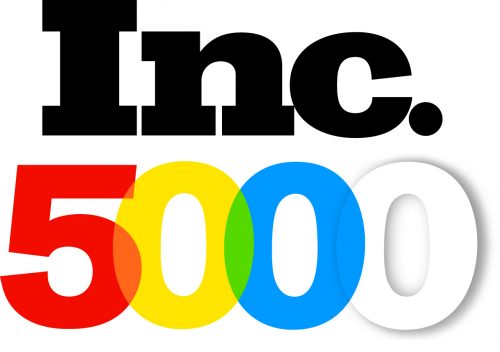Have you ever asked yourself, “What is debt consolidation?”
The simplest debt consolidation loan definition is that you can use a larger loan to pay off a handful of smaller loans. One of the benefits of this method is that it can help you get out of debt faster.
While this option is not for everyone, debt consolidation might help you toward living a life free of debt and financial anxiety.
Did you know that the average American is weighed down by almost $40,000 of personal debt?
That is a staggering statistic and no one should have to be under such money-related stress their whole lives.
What is a consolidation loan and how can it get you out of debt? Keep reading to learn everything you need to know.
1. Personal Loans
Receiving a personal loan from a bank or credit union is one option when it comes to debt consolidation.
In the past, the process was a bit simpler. All you had to do was talk with the branch manager, fill out a bit of easy paperwork, shake hands, and then go on your way with a check for the amount you requested.
These days, it really helps to have had a long-term relationship with your bank rather than showing up to an establishment for the first time. The bank will make sure that your credit score is good and that you have a history of making your payments in a timely fashion.
Aside from your financial history, factors such as local lender competition can also play a role in determining what kind of rate you can get. Allowing the bank to automatically take payments from your bank account is yet another way to ensure a good rate.
For example, if you play your cards right, you could find yourself with only a single monthly payment that has a low fixed interest rate. Under these circumstances, you’ll find that getting out of debt is not only a real possibility but can that it can happen more quickly.
2. Student Loans
Are you still asking yourself, “What is loan consolidation?”
It’s something that can apply to you even if your loans come from your years of higher education.
Did you know that the average student in America graduates with around $30,000 of college debt? People who want to continue their education beyond high school shouldn’t be crippled by debt.
The first requirement to consolidating your student debt is that you need to have already graduated. If you’ve gotten that precious degree, then student loan consolidation might be your best option.
How it works is that it will take all your loans from every lender and every year you spent at college and combine it into a single loan. One great benefit of this is that you can lock in the loan’s interest rate and avoid being surprised by a rate that increases in the future.
The single loan will have a longer pay-off time which won’t save you interest but it will allow you to pay smaller amounts each month. This can be a much more realistic situation for someone who has just graduated and is trying to find their bearings in life.
3. Credit Card Debt
If you’re struggling with credit card debt, you’ll be glad to know that there are several promising options for you.
The easiest option is to call your credit card company and simply ask for rates that are better than the ones you’re currently stuck with. The credit card company representative might be able to help, but if they turn out not to be helpful, don’t worry. Your next step would be to ask for the supervisor and try to negotiate with them.
It’s in the credit card company’s interest to keep you as a customer so you do have the upper hand in such a situation in general. Make sure to ask about the potential of waiving their annual fee, lowering the interest rate on future purchases, and about getting a special rate for any balances that you move to the card they’ve issued you.
However, if that option doesn’t work, you may want to transfer that debt to a credit card with a lower interest rate. Just remember that applying for an excess amount of credit cards could lower your credit score.
A personal loan to pay off your credit card debt may end up being your best option if you want the lowest interest rate possible. A lower interest rate and smaller payments due each month could mean that you get out of debt much more quickly.
4. Improve Your Credit Score
While some people avoid loan consolidation because they think it will destroy their credit score, the truth might be the exact opposite.
It’s true that you’ll probably lose some points on your credit score when you first start the process of loan consolidation, but credit scores fluctuate naturally all the time.
Remember that, with a lower interest rate, you’ll be able to make your payments every single month and possibly pay even more.
It won’t take long for you to get those credit score points back and then have an even better score after you’ve been paying off your debt in such an efficient way.
What is a Consolidation Loan? Now you know
When someone asks you, “What is a consolidation loan?” you can tell them all about it. If debt consolidation sounds like your best option, then you can take the next step toward living a life free of heavy debt.
Debthunch is the best place on the internet to find perfect debt consolidation solutions tailored to your specific needs. There’s no reason you should have to go through the hassle of researching, comparing, and deciphering different options all on your own. At Debthunch, you can rest easy knowing that you’re in caring and knowledgeable hands.
If you have any questions about our highly-rated services, feel free to contact us. We’re always happy to help.




